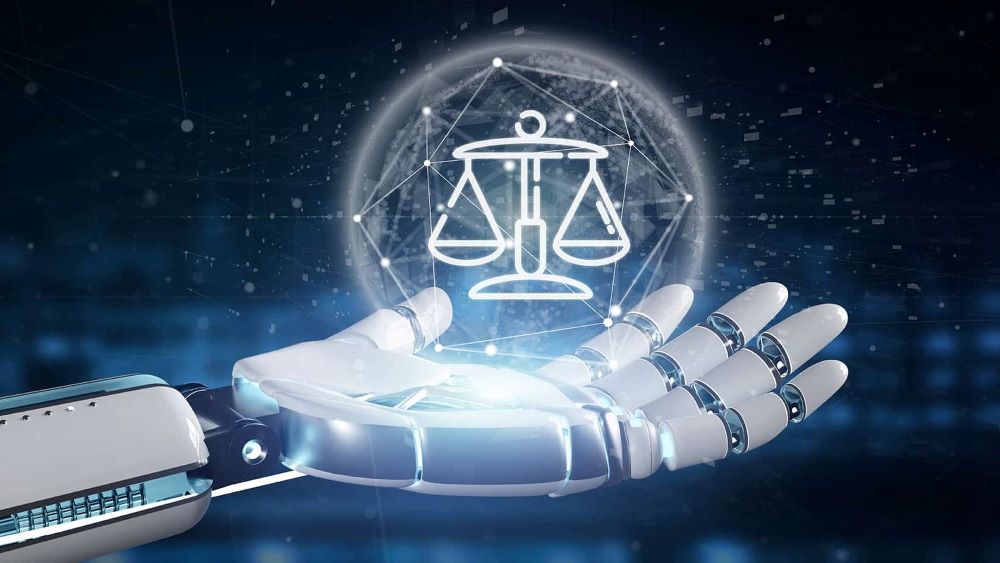ChatGPT was not created for legal purposes and therefore it might not be the best law student to hire as an intern in a law firm.

Bojana Kovač
Ever since AI chatbot, ChatGPT, made its first appearance in a law case (in a civil law case in Colombia in February 2023), where a judge consulted it for his decision, the legal world has started to question the chatbot’s legal skills. Not long after, this has become a hot topic in the US where a New York lawyer used false information in a case filing produced by ChatGPT. Essentially, the lawyer used ChatGPT to reference previous cases as a precedence in the brief to move forward with the case. These cases, however, do not exist; ChatGPT produced false information that the lawyer was not aware of, leading him and his law firm to face a court hearing. As a result, the lawyer and the law firm he is working for, were sanctioned with a fine of $5,000 by the New York Federal judge. Now, this could be seen as an example showing that AI cannot be responsible for its own doings but rather people who consciously decide to rely on it. Already, some US federal courts have taken preventive action against AI, where judges request lawyers to confirm that they did not use AI to draft their briefs, or if drafted by AI there is a human verification.
And while there was some hope that AI could make life easier for lawyers, in terms of legal research, human verification is still required to ensure its reliability. What we should bear in mind is that ChatGPT was not created for legal purposes and therefore it might not be the best law student to hire as an intern in a law firm. It may be fast in generating responses, but it seems that lawyers would spend more time in drafting and double checking the AI produced cases than if they would do the job themselves. Meaning that ChatGPT can only be seen in court if verified by humans.
So far, we have not seen ChatGPT being used in law cases in the Western Balkans, where AI as such is still timidly used. This could only be possible if local AI experts would create a legal chatbot for lawyers and judges when we may see its use in this corner of world as well. Or the experts will not do anything until they see how the ChatGPT’s “legal skills” that differ from country to country, turn out to be.
In any case, we have become already dependent on digitalization (where everything is already connected) and AI (where everything becomes intelligent) which, among other things, may lead to some risks. Hopefully, we will be careful enough not to let this kind of digital revolution get out of hand and devour its parents. With that level of consciousness, responsibility and safety, we can feel free to welcome chatbots in court.
Bojana Kovač, legal researcher at Diplo Foudation



Leave A Comment